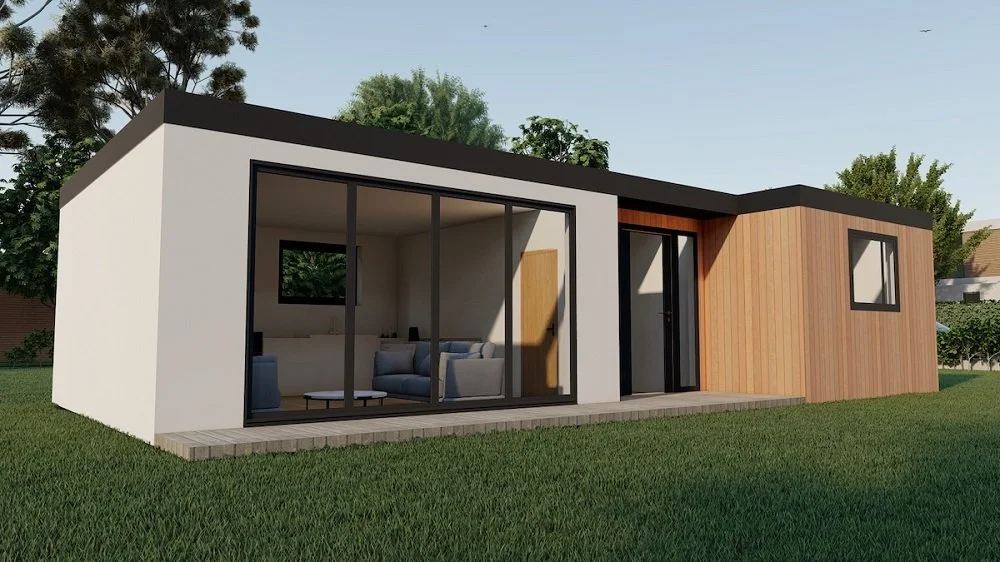Minimizing Energy Waste in Remote Work Environments
/The prevalence of remote work has surged due to the pandemic, affording individuals the opportunity to earn a living from the comfort of their homes. Whether fielding support center calls or managing extensive data entry tasks, the benefits of remote work are abundant.
However, this convenience comes with its own set of challenges, notably the potential for increased energy consumption. Fortunately, there are numerous strategies to mitigate excess energy usage while working remotely.
One effective practice is to unplug any idle electronic devices. Using a power strip to consolidate cords and charges and switching them off at the end of the workday can significantly reduce phantom energy consumption. Similarly, turning off lights when leaving a room can make a noticeable impact. Furthermore, transitioning from traditional bulbs to energy-efficient LED lighting can result in up to a 75% reduction in energy consumption.
To further cut costs, it is advisable to explore competitive electricity rates in your area, potentially switching to alternative energy suppliers offering lower rates. Additionally, consider investing in Energy Star certified equipment for your home office, including monitors, computers, and printers. These devices consume less energy during daily operations and automatically enter low-power mode when not in use, effectively curbing wasted energy.
Regardless of the approach you choose, taking action now is essential. By doing so, you can reduce your carbon footprint and enjoy immediate savings on your utility bills.
For more tips on reducing energy waste while working from home, consult additional sources for further information. The infographic below is a great place to start.
About the Author:
Paul Rhoads is Vice President of EnergyPricing.com. He has over a decade of experience in the energy industry, advising residential and commercial clients on how to get the best electricity rates and providers. In addition to his vast experience, Rhoads is a Certified Energy Manager and Certified Energy Procurement Professional.







































Many people recognize that our society has reached a point of environmental urgency. Without taking measures now, the irreversible effects of climate change could prove disastrous for generations to come. Therefore, citizens and businesses alike need to find ways they can make sustainable adjustments, whether that’s turning to green energy as a whole or finding smaller ways to make a difference